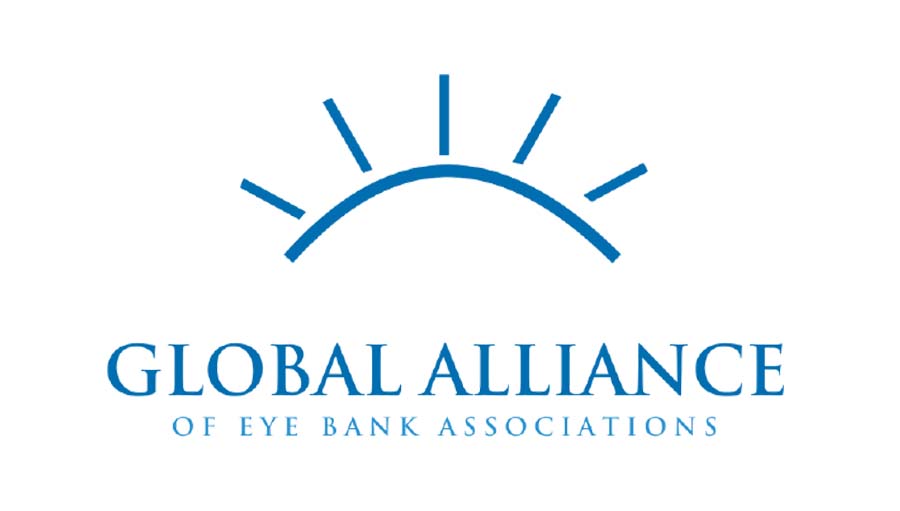Join a powerful, unprecedented alliance for better eye health for all.
Join IAPB-
Choose an alternate language here

“The Framework – co-developed by the IAPB, ICO and lead by the Global Alliance of Eye Bank Associations, had been in discussion for many years,” says Dr Bade Ogundipe a Stakeholder Representative for Africa who alongside Syliva Madi (Egypt) was part of the Framework’s development, “but the project really started in 2017. Involvement was voluntary, with many Africans in this sector choosing to be involved as survey and draft reviewers for our continent.”
In Africa we do not do enough corneal surgery, we do not have lots of eye banks or an eye bank association, and we certainly do not have enough access to corneal tissue to meet our continent’s needs.
“Being asked to be involved in the Framework development may seem strange seeing we have very few eye banks – but it is not. We need these services either locally or through tissue importation until our services are built and we are self-sufficient.”
“In doing so, we in Africa need to be vigilant and ensure, as our corneal service sector grows, that we are aware of our ethical obligations to the donor and recipient – and the global recommendations of experts in this field. This framework helps us do that.”
“Our involvement for Africa has also ensured that the Barcelona Principles not only help those countries with systems already in place, but also those who are considering building services in the future. We can use the Framework to make sure we get our system right from the get-go.”
“The Barcelona Principles focus on 9 key strategies (listed below). The idea being that as we develop services for our patients (and perhaps provide tissue for training and research) that we do so without forgetting the valuable gift from the donor on their death. We must seek to ensure that the donation remains a public resource for the shared benefit of all.”
“How we promote donation in our communities, allocate tissue and develop ethical cost-recovery systems is also important, so we can prevent the sector from profiting from the death of others, or the movement of their donation inside a profit supply-chain.”
“I am honoured to have been involved in the development of the Barcelona Principles, and I welcome everyone to take a look at the Barcelona Principles and keep these in your mind as we move forward”’ , says Dr Ogundipe.
The Agreement’s key 9 Strategies include:
Barcelona Principles Partners: Global Alliance of Eye Bank Associations (Lead), International Council of Ophthalmology, International Agency for the Prevention of Blindness, The Cornea Society, and in regions without eye bank representation, and in regions without an eye bank association, ophthalmology societies such as the Ophthalmology Society of the West Indies, and the Pacific Eye Care Society. Access the Barcelona Principles via: www.gaeba.org/publications